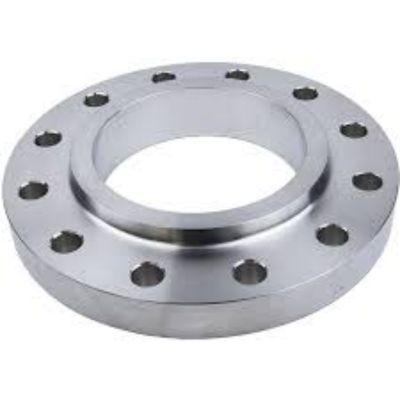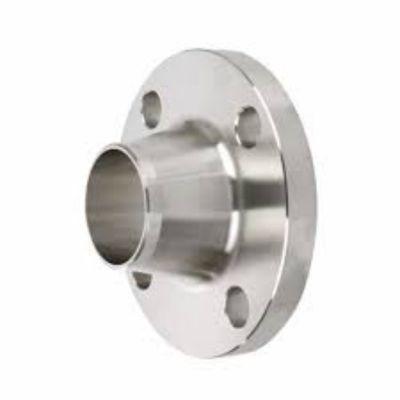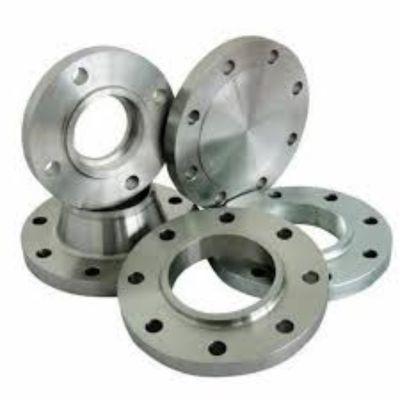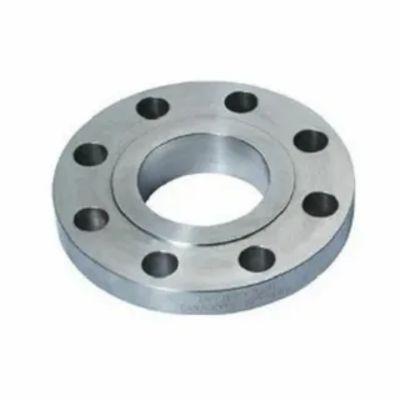Stainless Steel 431 Flanges
Minimum Order : 50 Items
Customization as per requirements
Stainless Steel 431 Flanges – Specification
| Flanges Types | Slip On, Weld Neck, Companion, Lap Joint, Long Weld Neck, Threaded, Blind |
|---|---|
| Class | 150 Lbs, 2500 Lbs Asa 150, 100, 160, 300 Lbs, 600 Lbs, Asa 300, 900 Lbs, Pn 6, 10, 1500 Lbs, 16, 25, 40, 64 |
| Size | 1/2″ (15 Nb), 48″ (1200nb) Dn10~dn5000 |
| Type | Raised Face (rf), Lap Joint Face (ljf), Groove, Small Male Female (smf), Flat Face (ff), Large Male Female (lmf), Ring Type Joint (rtj), Small Tongue, Large Tongue & Groove |
Stainless Steel 431 Flanges Manufacturer
Type of Sub-products

Stainless Steel 431 Slip On Flanges Stainless Steel 431 Slip On Flanges
Stainless Steel 431 Slip On Flanges are versatile and robust components designed for secure and reliable piping connections in demanding environments. Made from grade 431 martensitic stainless steel, these flanges offer exceptional strength, wear resistance, and moderate corrosion resistance, making them ideal for applications in marine, aerospace, and chemical processing industries.

Stainless Steel 431 Weld Neck Flanges Stainless Steel 431 Weld Neck Flanges
Stainless Steel 431 Weld Neck Flanges are high performance components designed for critical piping systems requiring durability and reliability under high pressure and temperature conditions. Manufactured from 431 grade martensitic stainless steel, these flanges offer excellent mechanical strength, wear resistance, and moderate corrosion resistance, making them ideal for demanding applications in marine, aerospace, and chemical processing industries.

Stainless Steel 431 Weld Neck Flanges Stainless Steel 431 Weld Neck Flanges
Stainless Steel 431 Weld Neck Flanges are high performance components designed for critical piping systems requiring durability and reliability under high pressure and temperature conditions. Manufactured from 431 grade martensitic stainless steel, these flanges offer excellent mechanical strength, wear resistance, and moderate corrosion resistance, making them ideal for demanding applications in marine, aerospace, and chemical processing industries.
Frequently Asked Questions
What are the 431 stainless steel flanges used for?
Stainless Steel 431 Flanges are often used in applications that demand high strength, corrosion resistance, and ease of machining. These flanges are used in various sectors, including chemical processing, oil & gas, petrochemical, aerospace, and marine engineering. Pipes, valves, and equipment in pipelines, pressure tanks, and machines can all be connected using specific applications. Furthermore, Stainless Steel 431 Flanges are used in situations with high temperatures and corrosive chemicals, making them ideal for use in heat exchangers, furnace components, and other high-temperature applications.
What is the hardness of stainless steel 431 Flanges?
When annealed, Stainless Steel 431 Flanges generally have a hardness of 20 to 25 HRC (Rockwell C scale). However, depending on the heat treatment technique and required qualities, the hardness can grow dramatically, reaching values of 50 HRC or more.
Are there any special considerations for handling and storing Stainless Steel 431 Flanges?
Additional concerns for handling and storing Stainless Steel 431 Flanges include safeguarding them against contamination and damage during shipping and storage. Flanges should be cautiously handled to avoid scratches or dents that might jeopardize their structural integrity. Furthermore, maintaining them in a clean, dry environment away from corrosive chemicals and moisture helps to preserve their surface quality and corrosion resistance.
Get Quote Instantly
Countries We Export – Stainless Steel 431 Flanges
- India
Cities We Supply – Stainless Steel 431 Flanges
- Ahmadpur
- Ahmadnagar
- Ahmedabad
- Bangalore Urban
- Bangalore Rural
- Bengaluru
- Coimbatore
- Chennai
- Chandigarh
- Haridwar
- Hyderabad
- Jaipur
- Jodhpur
- Jodhpur (ahmedabad)
- Kalyan
- Kolhapur
- Mumbai
- Mumbai Suburban
- Murud (raigad)
- Nagpur
- Lucknow
- New Delhi
- Navi Mumbai
- Kolkata
- Nashik
- Pune
- Raipur
- Rajkot
- Rampura
- Sion, Mumbai
- Surat
- Thane
- Varanasi
- Visakhapatnam
- Moradabad
- Angul
- Rudrapur
- Hosdurg
- Gandhinagar
- Rajahmundry
- Durgapur
- Bharuch
- Panipat
Industries We Serve – Stainless Steel 431 Flanges
Sugar
Oil And Gas Industries
Paper Mill
Power Plant
Bridge And Building
Aerospace Industries
Automobile Industry
Electrical Industry
Defense Industry
Construction & Fabrications
Ring Man Units
Railways

Gasket Industry
Pharmaceuticals Industry













